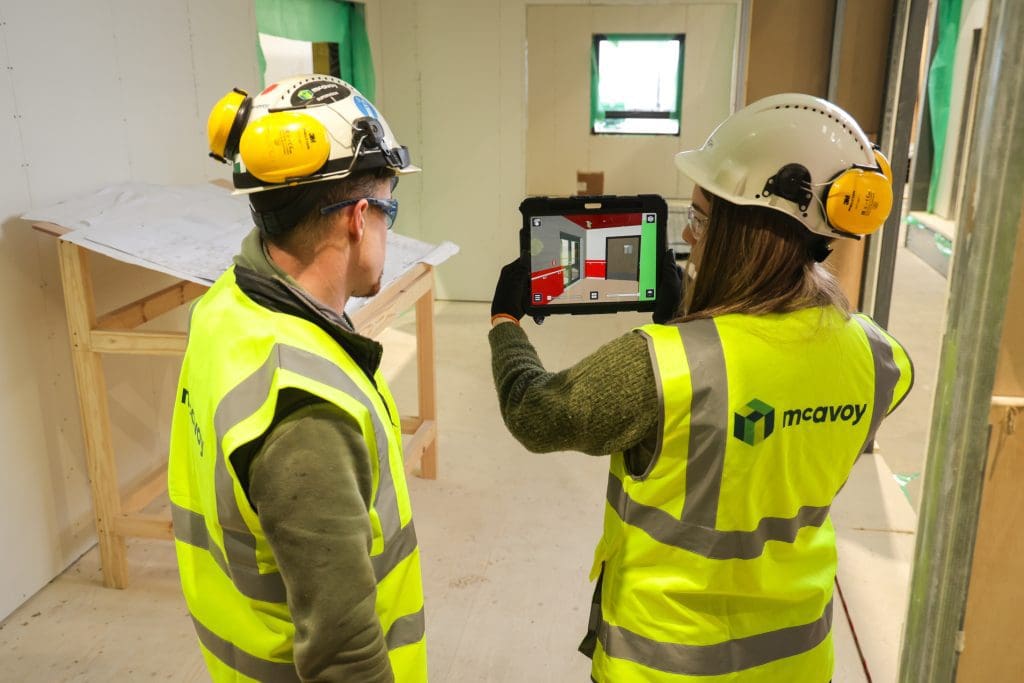The construction industry is continuously evolving, and one significant change has been the growing adoption of offsite manufacturing for modular buildings. This innovative approach to construction offers numerous benefits, including improved efficiency, enhanced quality control, and reduced environmental impact. In this blog post, we will take a deep dive into the offsite manufacturing process for modular buildings, exploring its key components, stages, and applications in various sectors.
The Offsite Manufacturing Process: An Overview
Offsite manufacturing refers to the process of producing building components or entire modules in a controlled factory environment before transporting them to the construction site for assembly. This approach is particularly suited to modular construction, where buildings are designed and manufactured in standardised sections or modules that can be easily connected and configured to meet specific requirements.
Benefits of Offsite Manufacturing for Modular Buildings
Improved efficiency and time-saving
One of the most significant advantages of offsite manufacturing is its ability to save time and increase efficiency. By producing modules in a factory setting, construction can continue uninterrupted by weather conditions, and resources can be more effectively allocated. This results in faster project completion times and reduced costs.
Enhanced quality control and precision
Offsite manufacturing allows for greater quality control and precision in the production process. Factory conditions enable close monitoring of materials and workmanship, ensuring that each module is built to exact specifications. This results in consistently high-quality structures with fewer defects and a longer lifespan.
Reduced waste and environmental impact
By manufacturing buildings offsite, waste is minimised, and material usage is optimised. This not only reduces construction costs but also helps minimise the environmental impact of the building process. Additionally, modular construction often incorporates sustainable materials and energy-efficient designs, further contributing to a greener construction industry.
Increased safety and reduced onsite risks
Offsite manufacturing reduces the number of workers required at the construction site, minimising potential risks and accidents. Factory environments are typically safer and more controlled, contributing to a better overall safety record for modular construction projects.
Key Stages of the Offsite Manufacturing Process for Modular Buildings
Design and engineering
The offsite manufacturing process begins with design and engineering. Modular buildings offer a high degree of customisation and flexibility, allowing clients and architects to collaborate closely to develop a building that meets their unique needs. Advanced software tools are used to create detailed 3D models and engineering plans.
Manufacturing and assembly
Once the design has been finalised, the manufacturing process commences. Modular components are prefabricated using precise machinery and multi-skilled labour in a controlled factory setting. Quality assurance checks and testing are carried out throughout the process to ensure that each module meets the required standards.
Transportation and onsite installation
After the modules have been manufactured and thoroughly inspected, they are transported to the construction site. Logistics planning and care coordination are essential to ensure that the modules arrive on time and in the correct order. The site is prepared, and the modules are assembled, often with the help of cranes and skilled installation crews.
Industry Applications of Offsite Manufacturing for Modular Buildings
Offsite manufacturing is a versatile construction method that can be applied across various sectors. Some common industry applications include healthcare facilities, educational institutions, commercial establishments, and temporary structures. Modular construction offers a fast and efficient solution for meeting the diverse needs of these sectors.
Download Mcavoy Brochure 2023
The Future of Offsite Manufacturing and Modular Construction
As technology continues to advance and the demand for efficient, sustainable construction methods grows, offsite manufacturing and modular construction are poised for significant growth.
Innovations in materials, design, and manufacturing techniques will drive the industry forward while addressing potential challenges and areas for improvement.
Contact our team today for further information.
Read Top Benefits of Modular Construction for Modern Industries

